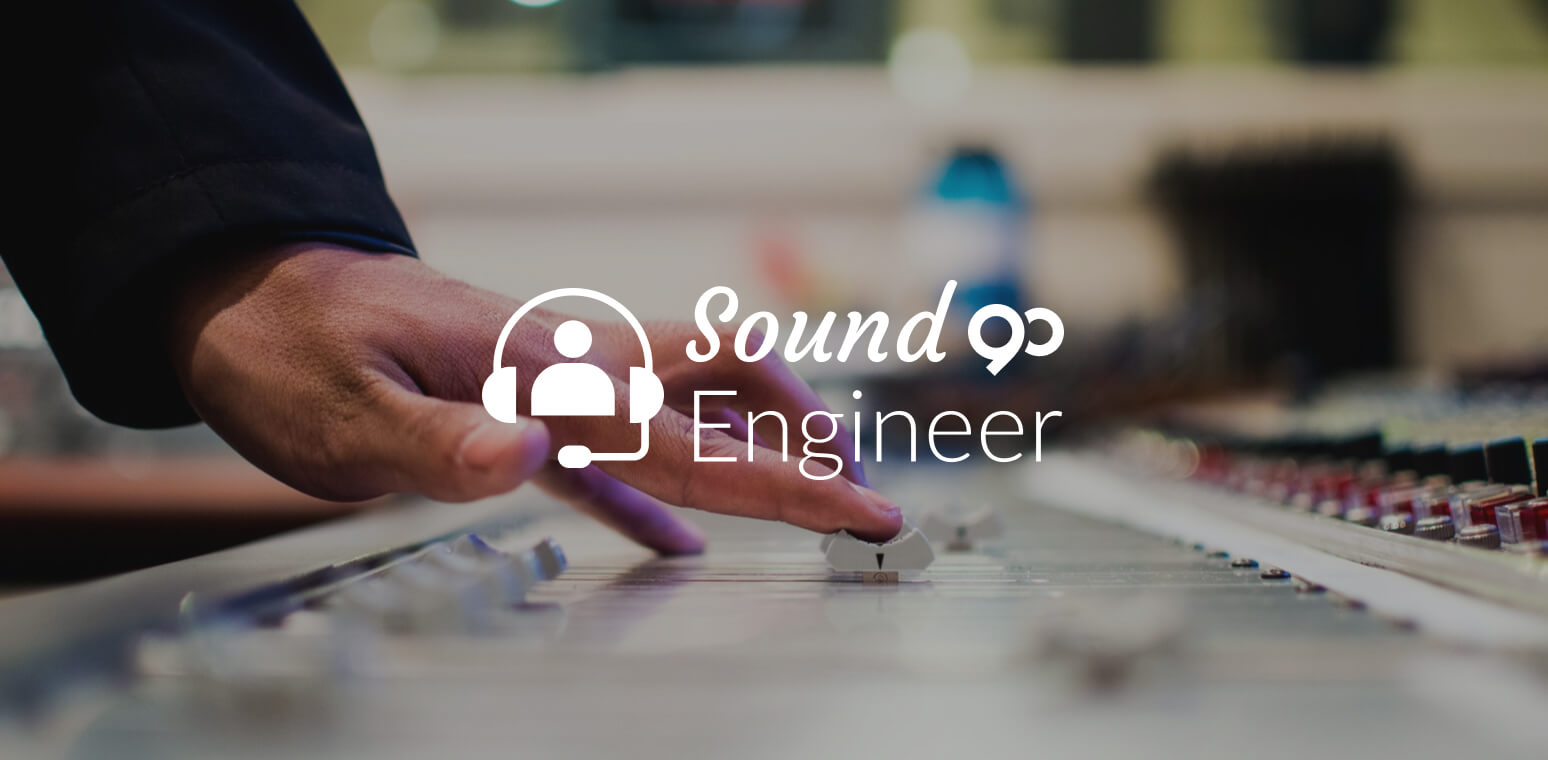Hi,
Get in touch with us today to chat about your next project.

Sound engineering, also known as audio or recording engineering, is one of the most technical aspects of the production industry.
A good sound engineer is a master of manipulating, balancing, and reproducing electronic sound, whether it involves projection purposes for a live audience or recording in a studio.
There are many different sub-categories and specialties available in the sound engineering field, but all of them require technical finesse and a keen ear for acoustic equilibrium.
Present yourself appropriately for the clients you want. A professional, polite tone and tasteful content can say a lot about you, and by extension, your work. Be sure to include a variety of contact information, and don’t hesitate to advertise any other social media available to the public.
Your sound clips should be long enough to provide a contextual example of the trait being illustrating (i.e. distortion, dubbing, arrangement, etc.).
This can be particularly beneficial for a new freelance sound engineer who hasn’t yet developed an impressive list of accomplishments; if you can deliver the audio they want, many clients may be willing to overlook a short resume or lack of post-graduate programs.
Using social media to market your sound engineering skills can also make it easier for you to seek potential business, and even help you reach out to people.
Active networking is key for any freelance sound engineer, and using internet-based platforms and forums allows you to appeal to a much broader client base without worrying about the distance.
Equipment is critical for any aspect of video production, but a sound engineer must evaluate the environment, all the sounds produced, and the specific attributes and limitations for every piece of audio machinery.
Understanding these factors is critical in assessing the acoustic integrity and balance of a production, and in being able to effectively record it.
You should also be able to maintain and repair your equipment on a routine basis, as well as monitor the sounds being received for quality and clarity.
Post-production activities include the synchronizing of audio and video effects, the creation and integration of sound effects, and the balancing of effects, speech and music.
Improperly balanced audio qualities are often distracting for the audience; however, a sound engineer’s subtle manipulations of these three major factors can provide a more immersive experience, and enhance the overall creative vision for the production.
Those seeking more of a creative appeal and a less technical skill set may want to look into creative directing, or script writing.
Both of these roles involve a more direct contribution to the sound itself, rather than the electronic management.
Conversely, a position with a more practical expectation may be that of a producer; the technical skills involved with producing are more all-encompassing, and include the visual aspects of video production as well as audio.